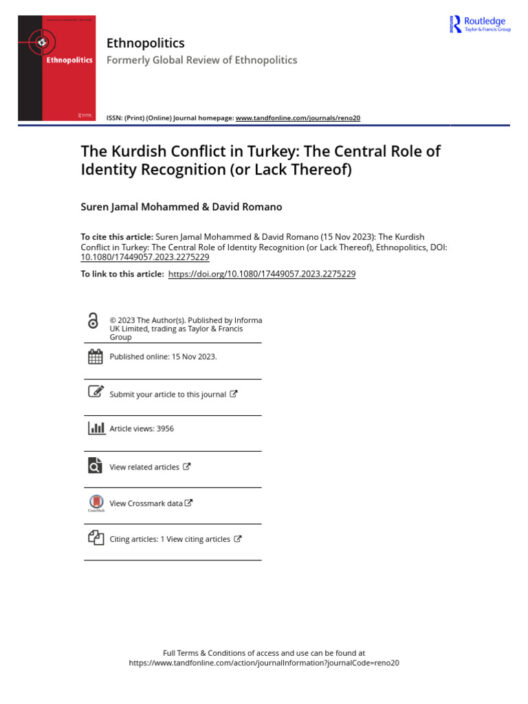When pondering the origins of global warming, one often asks: do coal and oil really contribute to this phenomenon? To answer this provocative question, we need to delve into the intricacies of fossil fuels and their profound impact on our planet’s climate systems.
The term “fossil fuels” encompasses an array of carbon-rich resources, primarily coal, oil, and natural gas. These resources originated from the remains of ancient flora and fauna, subjected to intense geological pressure and heat over millions of years. While they have been instrumental in driving industrialization and modern societal development, their extraction and combustion have unveiled a formidable foe: climate change.
The mechanism by which coal and oil affect global warming begins with the greenhouse effect. Normal atmospheric conditions allow sunlight to penetrate and warm the Earth’s surface. Subsequently, the Earth re-emits this energy in the form of infrared radiation. However, certain gases—including carbon dioxide (CO2) and methane (CH4)—trap some of this heat, preventing it from escaping back into space. This process is inherently natural and vital for maintaining temperatures conducive to life. Yet, anthropogenic activities, particularly the burning of fossil fuels, have significantly exacerbated this effect.
Coal, often lauded for its historical role as a primary energy source, is notorious for its contribution to greenhouse gas emissions. When combusted, coal releases a plethora of hazardous pollutants, including not only CO2 but also sulfur dioxide (SO2) and nitrogen oxides (NOx). These emissions are a direct consequence of chemical reactions during combustion. The carbon content in coal is significantly higher than that in other energy sources; thus, its use results in extensive CO2 emissions per unit of energy produced. Interestingly, it is estimated that coal combustion is responsible for over 40% of the world’s CO2 emissions from fuel combustion, underscoring its deleterious effects on our climate.
Oil, too, plays an integral role in climate change. Unlike coal, oil is primarily used in transportation, providing energy for automobiles, ships, and airplanes. As such, its burning directly correlates with the growing number of vehicles worldwide. The impact is staggering: according to various climatological studies, the transportation sector contributes roughly 14% of global greenhouse gas emissions, largely driven by oil consumption. The combustion of oil releases CO2 and other pollutants into the atmosphere, further compounding the urgency of addressing fossil fuel dependency.
Furthermore, the extraction and transportation of fossil fuels leave behind a significant environmental footprint. Oil spills, for example, have devastating effects on marine ecosystems, contaminating water and harming biodiversity. Surface mining of coal, on the other hand, leads to land degradation, loss of biodiversity, and water pollution, resulting in a formidable challenge for restoration efforts.
Addressing the question of whether coal and oil contribute to global warming necessitates acknowledging their correlation with climate phenomena. Indeed, empirical research has demonstrated a directly proportional relationship between the levels of CO2 in the atmosphere and global temperatures. Over the last century, as fossil fuel usage has surged, so too has the global average temperature, manifesting as climate patterns that include more frequent and intense weather events, rising sea levels, and shifts in precipitation patterns. The evidence is irrefutable: anthropogenic fossil fuel combustion is a primary driver of climate change.
Yet, can we imagine a world devoid of these fossil fuels? Transitioning to renewable energy sources presents an appealing answer. Solar, wind, and geothermal energy offer sustainable alternatives, devoid of the carbon emissions associated with coal and oil. However, the transition is fraught with challenges. Existing infrastructures, economic dependencies, and political inertia complicate efforts to pivot to cleaner energy. While innovation is accelerating—electric vehicles and solar farms emerge as beacons of hope—the scale and speed of the transition are crucial in the fight against climate change.
Moreover, the concept of “unextracted reserves” highlights the importance of considering the fossil fuels that remain untapped. These reserves, if left in the ground, may serve as a bulwark against further climate exacerbation. If global efforts could successfully prioritize protecting unextracted resources, we might mitigate the potential increase in atmospheric CO2 levels—offering a glimmer of hope amid overwhelming challenges.
However, the urgency cannot be overstated. The Intergovernmental Panel on Climate Change (IPCC) warns that we must limit global warming to 1.5°C above pre-industrial levels to avert catastrophic impacts. This goal necessitates unprecedented reductions in fossil fuel consumption. Can policymakers and the populace find the will to forge a robust response? The path we take will indelibly shape the climate legacy we leave for future generations.
In summary, coal and oil undoubtedly contribute to global warming, acting as accelerants to a pre-existing problem. Their combustion releases greenhouse gases, catalyzing climate disruptions that reverberate across ecosystems and human communities alike. The transition to sustainable practices is not merely an environmental ambition but a collective responsibility for safeguarding our planet’s future. It is imperative that we recognize our dependency on fossil fuels while fostering innovation and adaptation toward cleaner energy solutions. As the pressure mounts, so too does the opportunity for substantive change. Will we seize it? The fate of our planet may hinge on our response.






